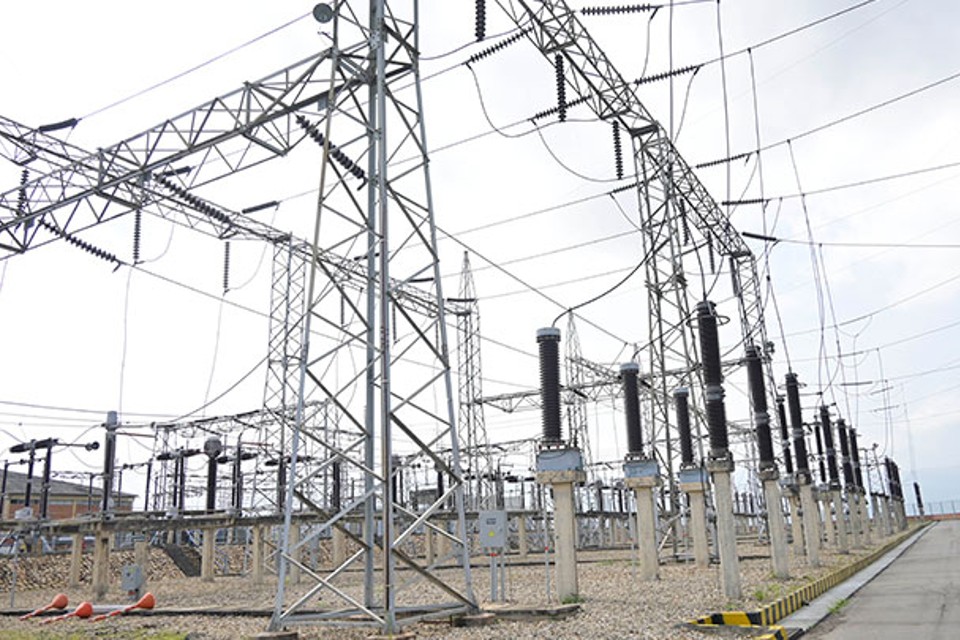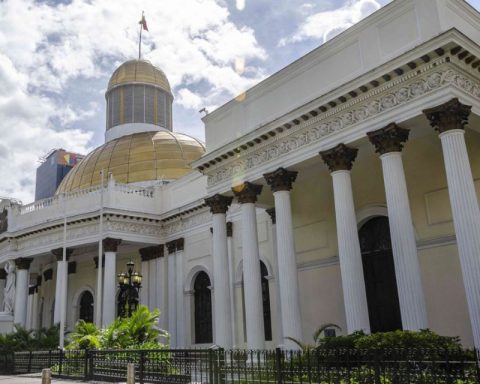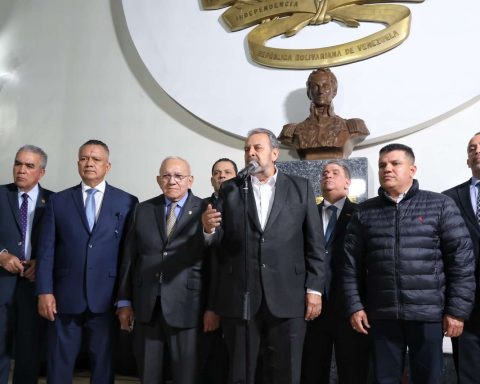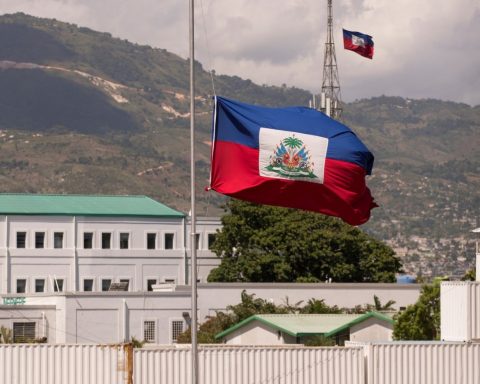Colombian businessmen related to the issue of electricity are studying the possibility of meeting the request of some deputies for the purchase of electricity between Norte de Santander and the state of Táchira
The manager of Centrales Eléctricas de Norte de Santander (CENS) Grupo EPM, José Miguel González, indicated that he has been participating, together with other Colombian businessmen, in conversations between businessmen and unions of that entity with the state of Táchira, where the possibility was opened to sell electricity to our country before the imminent opening of the border between Colombia and Venezuela.
González, according to the newspaper The opinion de Cúcuta, indicated that he was in some meetings held in San Cristóbal where some deputies asked about the possibility of reactivating the sale of energy, for which he stated that it is important to put on the table some aspects to clarify before closing any agreement.
He affirmed that there is a 230 thousand volt transmission line that connects the San Mateo de Cúcuta Substation with the Vega de Aza Substation, in Venezuela, of which it is unknown if it works or not.
*Also read: Venezuela explores solar energy again to give “stability” to the National Electric System
“A first task is to technically review how that driving line is. The second task is, in the event that trade can be reactivated, to establish the conditions for that possible sale of energy. In addition, the power generation capacity must be reviewed,” added the company manager.
He added that they are working on promoting a project to supply electricity to some 3,800 families in the Catatumbo area, 282 of them with solar panels. 80% of these works will be completed this year and have an investment of more than 70 billion pesos, with resources from the company and the Government.
*Also read: Manuel Rosales proposes to address the crisis with frozen Venezuelan funds
For his part, the deputy manager of Substations and Lines of CENS, Carlos Eduardo Solano, stressed that the system on the Colombian side is “robust” and that they always maintain the substations, despite the fact that there are some that are not provide maintenance for the electric power service.
For several years, the crisis of the national electricity system in Venezuela has been denounced due to the lack of maintenance of transmission lines, substations and large Corpoelec facilities. After the 2019 blackout, more emphasis has been placed on these failures, while the State attributes any situation that occurs to “sabotage”.
To read the full article in La Opinion, click here.
Post Views:
37

















